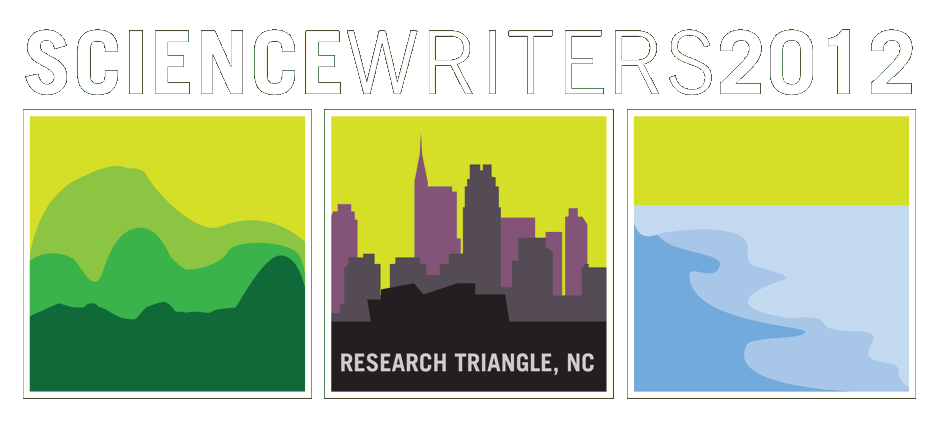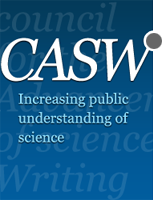Air pollution, brain development and behavior
(Session added Oct. 14, 2012)
The damaging effects of airborne lead on children's brain development were documented some four decades ago. But lead, banned in vehicle fuels since the 1970s, may not be the only component of traffic-related pollution that threatens the healthy development of young brains. Investigators in an environmental health center in New York City found that high prenatal exposure to airborne PAHs (polycyclic aromatic hydrocarbons) is correlated with developmental delays and behavior problems among children. Children with high prenatal exposure to PAHs had significantly lower scores on a commonly used test for cognitive development at age 3, and they were more likely to be developmentally delayed and have lower IQ scores at age 5. The children also showed symptoms of anxiousness, depression and attention deficits. Kimberly Gray is a director of a national network of children's environmental health research centers that is now mobilizing to continue this work and devise prevention strategies.
Attendees who register at the CASW website can download background material and the presentation at http://casw.org/environment-and-health/new-horizons-science-2012/briefs/....


